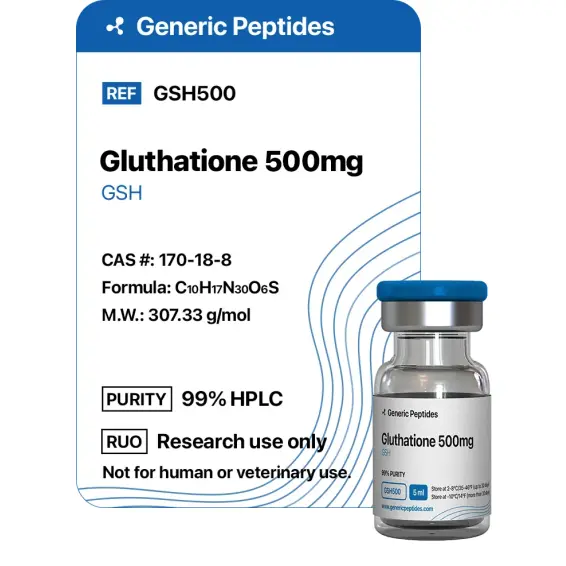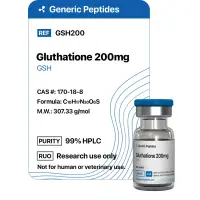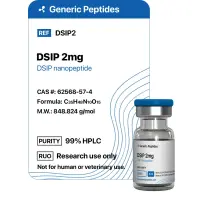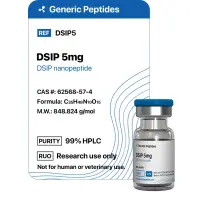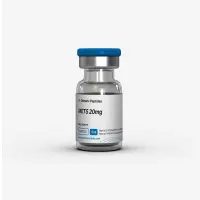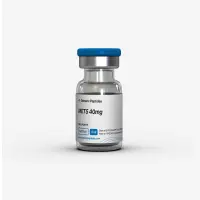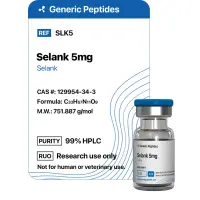- Active Substance: Acadesine (branded as Glutathione)
- Concentration: 500 mg per vial
- Pack Size: 1 vial
- Manufacturer: Generic Peptides
- Brand Name: Glutathione
- Synonyms: Reduced Glutathione (GSH), Acadesine (if applicable)
- Molecular Formula: C10H17N6O6P
- Molecular Weight: ~346.25 g/mol (for Acadesine)
- Mechanism: Antioxidant Defense & Cellular Detoxification
Shipping
Glutathione 500 mg – Oxidative Defense Peptide for Anti-Aging & Detox Research
Product Information
Glutathione 500 mg is a powerful antioxidant compound supplied in research-grade purity by Generic Peptides. Whether referencing GSH or Acadesine (if applicable), the formulation is used in laboratory settings to explore intracellular detoxification, oxidative stress reduction, and aging modulation. This mid-range 500 mg dosage supports a wide variety of models, from mitochondrial resilience to liver function optimization. Its versatile redox activity makes it a top-tier agent in cellular protection and anti-aging research. Labs focused on inflammation, toxicity, or recovery enhancement routinely employ glutathione in experimental designs.
Product Description
Often referred to as the body's "master antioxidant," glutathione plays a pivotal role in maintaining intracellular redox balance. It aids in detoxifying reactive oxygen species (ROS), repairing damaged molecules, and modulating inflammatory signals. This 200 mg format offers a stable, lyophilized form that is easy to store, reconstitute, and dose across a wide range of in-vitro conditions. Glutathione is frequently used in conjunction with NAD+, CoQ10, or mitochondrial peptides in studies evaluating total oxidative stress load. The product is suitable for research models involving neurodegeneration, immune health, and detoxification.
Mechanism of Action
Glutathione operates through multiple biological pathways. It donates electrons to neutralize free radicals, converts toxic substances into water-soluble forms for elimination, and recycles other antioxidants like vitamin C and E. In addition to its antioxidant role, glutathione regulates nitric oxide cycles and modulates the expression of genes tied to inflammation and stress response. When glutathione levels drop—due to aging, stress, or toxicity—cellular resilience suffers. Research into supplementation aims to restore redox capacity, reduce oxidative burden, and support overall cellular health and mitochondrial performance.
Use Case
From an Anti-Aging or Peptide Therapy Specialist's view, Glutathione 200 mg is a core support molecule in protocols targeting detox, inflammation reduction, and cellular protection. It may be combined with peptides that promote tissue regeneration or mitochondrial repair. Its redox support is especially valuable in studies examining chronic stress, toxin exposure, or age-related oxidative burden. The 200 mg dose is well-suited for moderate-to-intensive lab protocols focused on resilience, neuroprotection, and systemic repair. It's an essential research compound for understanding how to preserve longevity through biochemical defense systems.
Observed Effects & Potential Side Effects
In controlled research environments, glutathione has been linked to improvements in redox status, decreased oxidative stress markers, and enhanced mitochondrial function. It has also shown promise in reducing cellular damage in oxidative models and supporting detox pathways. Potential side effects noted in some high-dose or prolonged studies include rare reports of sulfur sensitivity or GI discomfort. These are typically mild and model-dependent. Glutathione is widely recognized in the research community as safe and effective when used appropriately within scientific guidelines.
FAQ
What does Glutathione do?
Glutathione is a master antioxidant that protects cells from oxidative stress, supports detoxification, and plays a central role in mitochondrial and immune function. It is widely studied in anti-aging and liver health research.
Is Glutathione a peptide?
Yes. Glutathione is a tripeptide composed of three amino acids: glutamine, cysteine, and glycine. Its peptide structure allows it to participate in various cellular processes tied to detoxification and oxidative balance.
Is Glutathione safe for research?
Yes. Glutathione is widely used in scientific research with a well-documented safety profile under controlled lab conditions. It is not approved for human use and must be handled by qualified researchers only.
What is the best way to use Glutathione in studies?
Glutathione is typically reconstituted in sterile water or saline and applied in in-vitro models or controlled lab environments. Dosage and delivery method depend on the research objective and cellular model.
Legal & Compliance Block
This product is intended strictly for laboratory research use only. It is not approved for human consumption, diagnosis, or therapeutic applications. Use is restricted to licensed researchers and institutions. Any off-label or unauthorized usage may violate regulatory law.
